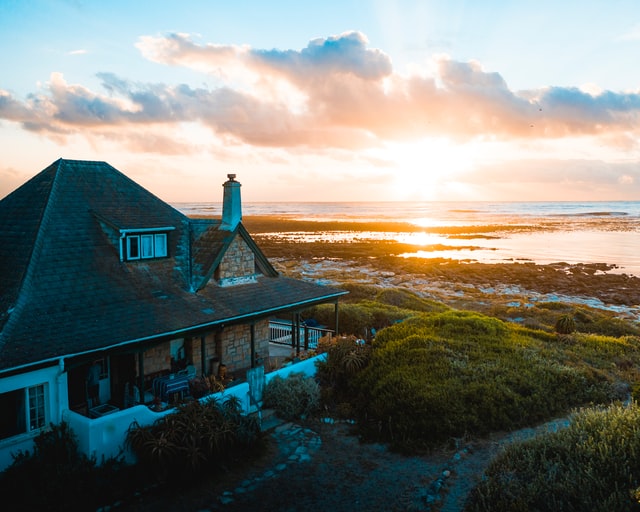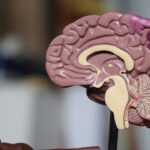Keep calm and carry on!
Times of the day.
Duration: 50 minutes.
Different parts of the day.
We separate the parts of the day in English to effectively communicate and understand the timing and sequence of events. It helps us organize our daily routines, schedule appointments, and coordinate activities with others.
These are the basic divisions of the day: morning, afternoon, evening, and night. They help us organize our daily routines and understand the different stages of the day based on the position of the sun.
Task 1: Vocabulary from the text.
Here’s a table with keywords related to the different parts or times of the day, along with their meanings and examples:
| Word | Meaning | Examples |
|---|---|---|
| Morning | The beginning of the day when the sun rises | Waking up, having breakfast, starting daily activities |
| Afternoon | The time between noon and early evening | Having lunch, continuing daily tasks or taking a break |
| Evening | The time between late afternoon and bedtime | Having dinner, spending time with family or friends |
| Night | The time when it is dark outside | Sleeping, resting, engaging in nighttime activities |
| Sunrise | The moment when the sun appears on the horizon in the morning | Watching the beautiful sunrise, starting a new day |
| Sunset | The moment when the sun disappears below the horizon in the evening | Enjoying the colorful sunset, ending the day |
| Bedtime | The time to go to bed and sleep | Brushing teeth, reading a book, getting ready for sleep |
| Breakfast | The first meal of the day, usually in the morning | Eating cereal, toast, or eggs in the morning |
| Lunch | The midday meal | Having a sandwich, salad, or soup during the afternoon |
| Dinner | The main meal of the day, usually in the evening | Eating a cooked meal with family or friends at night |
| Work | Engaging in job-related activities | Going to work in the morning, working late into the evening |
| Leisure | Activities done for enjoyment or relaxation | Watching a movie in the evening, playing games at night |
| Sleep | Resting state during the night | Going to bed at night, waking up refreshed in the morning |
Task 2: Reading text. Different parts of the day.
The Morning

Morning is the time when the day starts and the sun rises. It usually begins around sunrise and lasts until around noon. During the morning, people often wake up, have breakfast, and start their daily activities. For example, you might wake up at 7 o’clock in the morning and have cereal for breakfast.
Foto de Thomas Galler na Unsplash
The Afternoon

Afternoon comes after the morning and lasts until early evening. It starts around noon and ends in the late afternoon or early evening, before sunset. During the afternoon, people continue their daily tasks or may take a break. For instance, you might have lunch at 1 o’clock in the afternoon and then go back to work.
Foto de Charles Postiaux na Unsplash
The Evening

Evening is the time between late afternoon and bedtime. It usually begins after sunset and lasts until around 9 or 10 o’clock at night. During the evening, people often have dinner, spend time with family or friends, or engage in leisure activities. For example, you might have dinner at 7 o’clock in the evening and then watch a film with your family.
Foto de Irina Iriser na Unsplash
The Night

Night is the time when it is dark outside, usually starting after the evening and lasting until early morning. It begins after 9 or 10 o’clock at night and continues until sunrise. During the night, most people sleep and rest, although some may work night shifts or participate in nighttime activities. For instance, you might go to bed at 11 o’clock at night and sleep until morning.
Foto de Klemen Vrankar na Unsplash
Task 3: Some tips about how to talk about parts of the day.
When talking about parts of the day, here are the commonly used prepositions:
- In the morning/afternoon/evening/night:
- Examples: I always have breakfast in the morning.
- She goes for a walk in the evening.
- At night:
- Example: I like to watch a film at night.
- During the morning/afternoon/evening/night:
- Examples: I like to drink coffee during the morning.
- They have a meeting during the afternoon.
- From morning/afternoon/evening/night:
- Examples: The shop is open from morning till evening.
- They play music from night until dawn.
- Until morning/afternoon/evening/night:
- Examples: I’ll work on this project until evening.
- The party continued until late at night.
Here are 10 questions for you to tell me about your day: “When do you…?”
- When do you eat breakfast?
- When do you go to school/work?
- When do you usually have lunch?
- When do you finish work?
- When do you have dinner?
- When do you typically go to bed?
- When do you watch TV or films?
- When do you exercise or go to the gym?
- When do you meet up with friends?
- When do you relax or have leisure time?
Foto de Dakota Corbin na Unsplash








